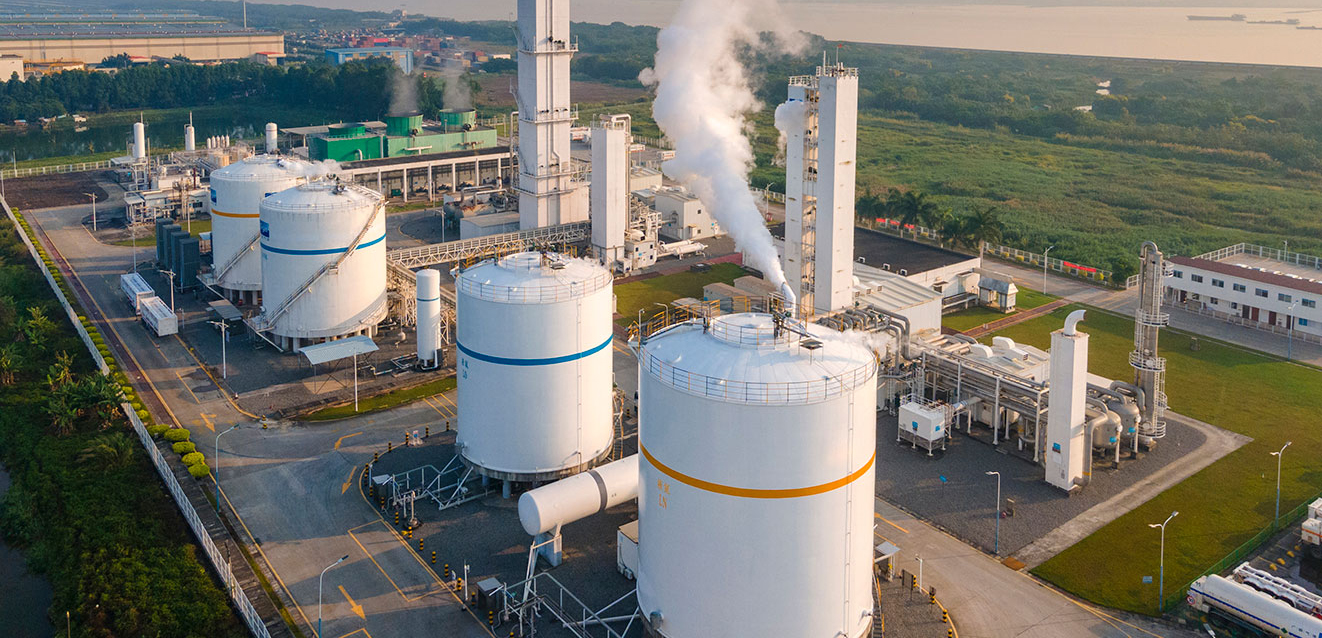With the deepening of the concept of energy conservation and environmental protection, more and more factories are paying attention to energy management and cost control. Traditional hot water systems mostly rely on gas, fuel, or electric heating. Although these methods can provide the required hot water, they have high energy consumption, high operating costs, and significant environmental pollution. As a new type of efficient, energy-saving, and environmentally friendly hot water system, air source heat pumps are gradually being favored by factories.
Air source heat pump is a device that heats water by absorbing heat from the air. Its working principle is similar to air conditioning, but it operates in the opposite direction. Air source heat pumps mainly consist of compressors, evaporators, condensers, and expansion valves, which transfer and amplify heat through the circulation of refrigerant. The following are the main advantages of air source heat pumps in factory hot water systems:
Efficient and energy-saving: The energy efficiency ratio (COP) of air source heat pumps is usually between 3 and 4, which means that for every 1 kilowatt hour of electricity consumed, 3 to 4 kilowatt hours of thermal energy can be generated. Compared to traditional electric heating equipment, air source heat pumps have much higher energy utilization efficiency and lower energy consumption.
Environmental protection and emission reduction: Air source heat pumps mainly utilize the heat in the air, reduce dependence on fossil fuels, reduce emissions of carbon dioxide and other harmful gases, and meet the environmental requirements of modern factories.
Stable operation: The air source heat pump has a simple structure, stable operation, and low maintenance cost. Even in low-temperature environments, low-temperature air source heat pumps can work efficiently, ensuring a continuous supply of hot water.

Multi functional application: Air source heat pumps can not only be used for heating water, but also for cooling in summer, achieving multiple uses for one machine and improving equipment utilization.
Traditional factory hot water systems mostly use gas boilers or electric heating equipment, which have problems such as high energy consumption, high operating costs, and complex maintenance. With the increase in energy prices and environmental requirements, upgrading the hot water system in factories has become increasingly urgent.
Reducing operating costs: The high energy consumption of traditional hot water systems directly leads to high operating costs. By upgrading to an air source heat pump, electricity and fuel costs can be significantly reduced, saving operating costs.
Improving production efficiency: A stable and efficient hot water supply is an important guarantee for normal factory production. Air source heat pumps can continuously provide stable hot water, improve production efficiency, and avoid production interruptions caused by insufficient hot water supply.
Meeting environmental requirements: With the continuous tightening of environmental regulations, factories need to take measures to reduce emissions. The low emission characteristics of air source heat pumps help factories meet environmental requirements and avoid penalties for exceeding emissions standards.
Air source heat pumps can help factories save costs in their hot water systems through the following methods:
Reducing energy consumption: Air source heat pumps utilize the heat in the air and require only a small amount of electrical energy to generate a large amount of hot water, significantly reducing energy consumption.
Reducing fuel costs: Replacing gas boilers with air source heat pumps reduces reliance on natural gas or other fuels and lowers fuel costs.
Reduce maintenance costs: Air source heat pumps have a simple structure, low failure rate, and low maintenance costs. Compared to traditional gas boilers, the maintenance cost of air source heat pumps is reduced.
Extending equipment lifespan: The air source heat pump adopts excellent technology and materials, with a long service life and reduced equipment replacement frequency and cost.
Improving system efficiency: Through intelligent control systems, air source heat pumps can automatically adjust their operating status according to actual needs, optimize energy utilization efficiency, and further reduce costs.
As an efficient, energy-saving, and environmentally friendly solution for hot water systems, air source heat pumps can reduce factory operating costs, improve production efficiency, and meet environmental requirements. Through practical cases and specific analysis, it can be seen that air source heat pumps have enormous potential and broad prospects in upgrading factory hot water systems. In the future, with the continuous progress of technology and the promotion of the market, air source heat pumps will be applied in more factories, becoming an important support for industrial energy conservation and emission reduction.







Comment